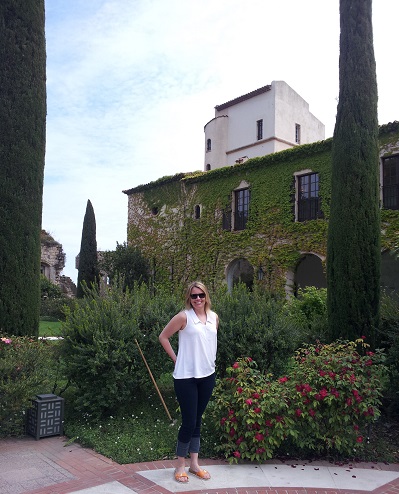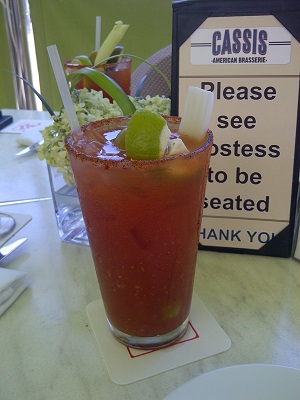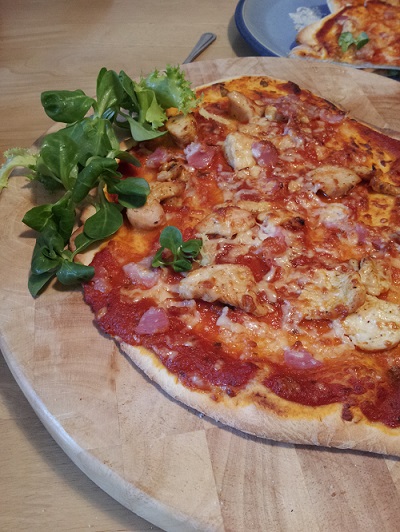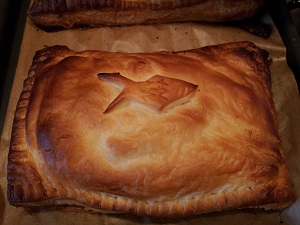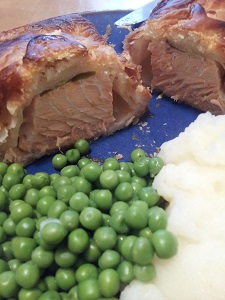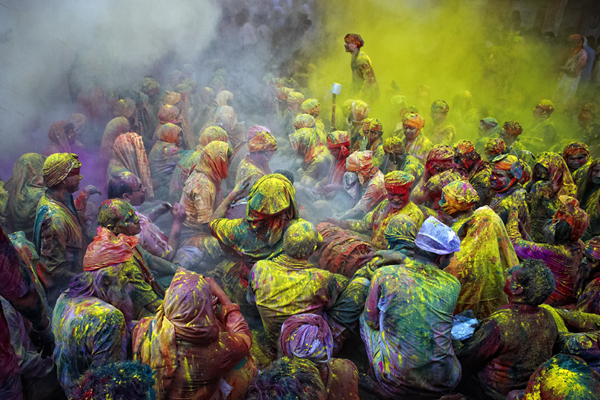Review: ‘A greedy man in a hungry world’ by Jay Rayner
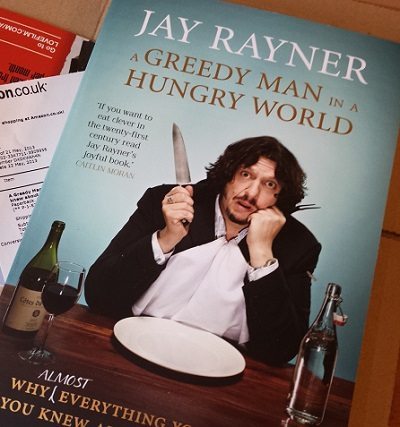
Here’s a thing: that Jay Rayner, yes, him off the telly, the scary one who can close a restaurant with a swish of his pen? He’s actually really nice. I’ve chatted a bit with him recently about his new book, and he actually cares what I think. He cares about food: not just posh restaurant food, but the everyday stuff that goes in our trolley. He doesn’t eat foie gras for breakfast. Who knew?
This book is probably the hardest I’ve ever read. I read it twice (sorry, Jay, I lied when I said I wasn’t finished), not because it’s full of big, complicated words or anything, no, it’s actually very funny and incredibly entertaining (wait ‘til you get to the big wooden willy bit). Jay - I feel like we’re on first name terms now - is self-deprecating (almost cringingly so on occasion) and honest and it’s very interesting. It’s just hard because there are facts in it that made me question everything I currently believe about food, how I buy my food and where it comes from.
The book will take you on a journey from 1960s Kenton (where people like his mother spent half a day a week and probably a third of the family’s weekly income food shopping), through heart-breaking Rwanda, where children are starving in a fertile, but overpopulated land, to today’s supermarkets where 1 or 2p added to the price (and less BOGOFF deals) could make a massive difference to this country’s farmers. It will introduce you to terms such as ‘sustainable intensification’, ‘virtual hectares’ and ‘gastronomics’, and make you really scratch your head over GM foods and food miles.
This book is basically about feeding a burgeoning population. It’s about why sometimes, buying local isn’t, environmentally and economically, always the best option, and about why farming on a huge scale can be a good thing. This, of course, has upset everyone who believes that small-scale and local is best and I understand that, I really do. But (to totally oversimplify things) take Jay’s example of potatoes. In Norfolk, with its peat-rich, loose soil, farmers can yield about 20 tonnes of potatoes per acre. But in London, with its hard, clay soil, they’d get more like 16 tonnes an acre. So in order to match Norfolk, London farmers would need much more fertiliser, or more land, or something. And all of this would impact on the carbon footprint of those potatoes. This, I understand.
I learned so much too. I know that China is buying up vast tranches of agricultural land in Africa to safeguard their future, and that biofuels are really, really bad. I know that in Britain we slaughter between 150,000 and 160,000 pigs a week (oh, the slaughterhouse bit, just… bloody hell) and why farmers’ markets, whilst I love them, will only ever be a luxury.
The trouble is, there are several quite complicated elements of the story to understand here, and I’m just not sure I have the mental capacity to understand them all (and no, I’m not participating in any foolish Silly Me Syndrome ‘gosh I’m blonde I am’ thing here, I just honestly believe that some of it went over my head).
I’ve made decisions after reading this book. I’ve resolved to buy only what I need, avoid BOGOFFs like the plague, to cut down on my meat purchases and to pay proper prices for things like milk. After I’d finished the book, I tried to explain it to my husband. But like all immensely clever writers, Rayner is practically un précis-able (yes it’s a real word because I said so). Which is a good thing, because if you care about food, and about how we’re going to carry on feeding ourselves, our children, and their children, the one thing you absolutely must do is read this book for yourself.




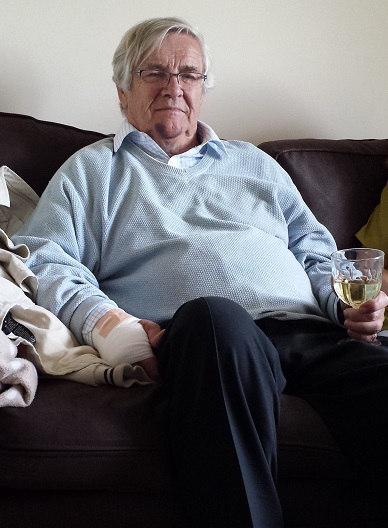 My poor Disreputable Dad’s taken yet another nasty tumble. He’s got quite a talent for comedic falls, my Dad. I wonder if he’s got some sort of dodgy centre of gravity (it could be the slight restaurant belly that’s doing it…). You may remember the case of the
My poor Disreputable Dad’s taken yet another nasty tumble. He’s got quite a talent for comedic falls, my Dad. I wonder if he’s got some sort of dodgy centre of gravity (it could be the slight restaurant belly that’s doing it…). You may remember the case of the 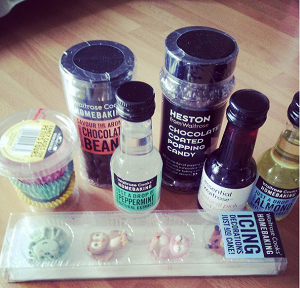
 Making amazing cocktails… with Five Valley Cordials. Based in Stroud, Gloucestershire, the company offer some really unusual cordials including Lemon and Mint (fantastic for a really easy Mojito), Pomegranate and Rose, Apricot & Ginger, Sloe & Raspberry and Coconut & Kaffir Lime (my favourite) all made from natural ingredients and free from artificial flavours, sweeteners, colourings or preservatives. Available at Waitrose, priced £3.50
Making amazing cocktails… with Five Valley Cordials. Based in Stroud, Gloucestershire, the company offer some really unusual cordials including Lemon and Mint (fantastic for a really easy Mojito), Pomegranate and Rose, Apricot & Ginger, Sloe & Raspberry and Coconut & Kaffir Lime (my favourite) all made from natural ingredients and free from artificial flavours, sweeteners, colourings or preservatives. Available at Waitrose, priced £3.50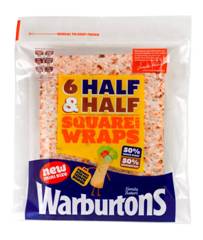 Wrapping everything… in Warburton’s new Half & Half wraps… sturdy enough to take any of the teenagers’ mad combinations of fillings (chicken, guacamole, salsa and cheese, for example), they’re 50% white and 50% wholemeal so quite a healthy choice too.
Wrapping everything… in Warburton’s new Half & Half wraps… sturdy enough to take any of the teenagers’ mad combinations of fillings (chicken, guacamole, salsa and cheese, for example), they’re 50% white and 50% wholemeal so quite a healthy choice too.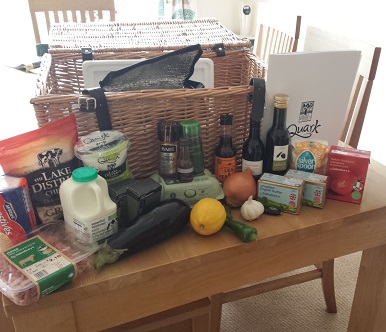 Whipping up… a scrummy moussaka and a creamy New York cheesecake with all these fabulous ingredients from The Lake District Dairy Co, responsible for Quark, the low fat soft cheese. This stuff is AMAZING! It’s naturally fat free, high protein and and low carb. How did I exist without it?
Whipping up… a scrummy moussaka and a creamy New York cheesecake with all these fabulous ingredients from The Lake District Dairy Co, responsible for Quark, the low fat soft cheese. This stuff is AMAZING! It’s naturally fat free, high protein and and low carb. How did I exist without it?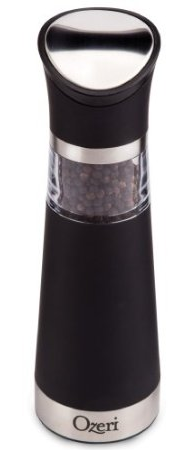 Grinding pepper…. onto everything, now we’ve got our fab new Graviti electric pepper grinder from Ozeri. You just turn it over above your food and it grinds pepper until you turn it back to its upright position. Amazing fun and really handy when cooking as you can operate it one-handed.
Grinding pepper…. onto everything, now we’ve got our fab new Graviti electric pepper grinder from Ozeri. You just turn it over above your food and it grinds pepper until you turn it back to its upright position. Amazing fun and really handy when cooking as you can operate it one-handed.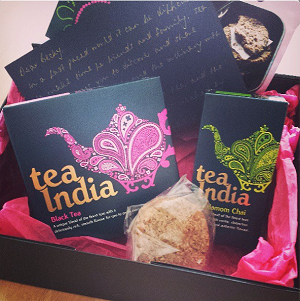

 As a Mum to two fabulous children under the age of 5, I am always looking for places where we can play, be challenged and have fun. ZSL Whipsnade Zoo has ticked all 3 boxes with Hullabazoo Adventure Play, their brand new outdoor play area nestled in the middle of ZSL Whipsnade Zoo.
As a Mum to two fabulous children under the age of 5, I am always looking for places where we can play, be challenged and have fun. ZSL Whipsnade Zoo has ticked all 3 boxes with Hullabazoo Adventure Play, their brand new outdoor play area nestled in the middle of ZSL Whipsnade Zoo.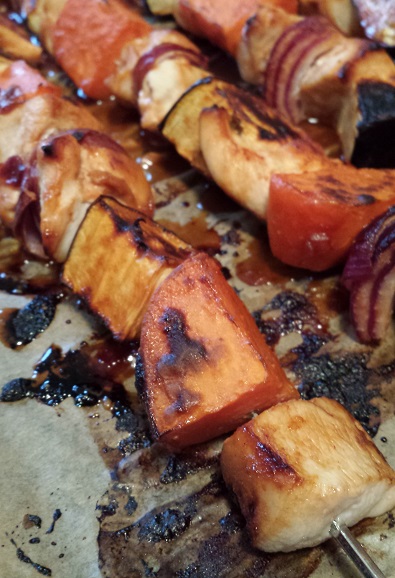


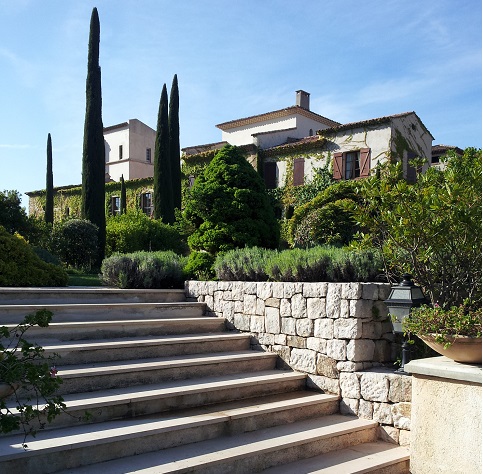
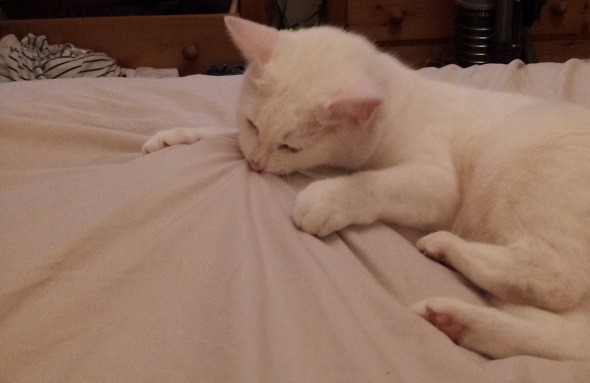


 I’ve just come back from a gorgeous break on the Cote d’Azur: three glorious days of sun, sightseeing, food and relaxation. But my word, the STUFF you need, just for three days: dresses, heels and some sort of clutch for going out to dinner; shorts, comfy shoes and t-shirts for sightseeing; swimsuits, cover ups and flips flops for beach days; and don’t get me started on beauty products, make up and toiletry bags, sunscreen and perfume. And if you’re taking little ones you can pretty much do that all over again (bar the heels and make-up admittedly).
I’ve just come back from a gorgeous break on the Cote d’Azur: three glorious days of sun, sightseeing, food and relaxation. But my word, the STUFF you need, just for three days: dresses, heels and some sort of clutch for going out to dinner; shorts, comfy shoes and t-shirts for sightseeing; swimsuits, cover ups and flips flops for beach days; and don’t get me started on beauty products, make up and toiletry bags, sunscreen and perfume. And if you’re taking little ones you can pretty much do that all over again (bar the heels and make-up admittedly).